Camping on the Outer Banks of North Carolina offers a unique opportunity to immerse yourself in the region’s natural beauty, from the soothing soundside to the pristine beaches. Whether you’re a seasoned camper or it’s your first time pitching a tent, our guide to the best campgrounds and essential camping tips will ensure your coastal camping adventure is a memorable one.
Choosing the Right Campground:
- Cape Hatteras National Seashore Campgrounds: This national seashore offers multiple campgrounds, each with its own charm. Frisco Campground, Oregon Inlet Campground, and Cape Point Campground are popular choices for beachfront camping. Reservations are recommended, especially during the peak season.
- Ocracoke Campground: Located on Ocracoke Island, this campground offers a peaceful setting with access to both the beach and the village of Ocracoke. Explore historic sites and enjoy the island’s unique atmosphere.
- Oregon Inlet Fishing Center Campground: If you’re an angler, this campground is an excellent choice. It’s conveniently located near the Oregon Inlet, making it easy to cast your line into the Atlantic Ocean.
- Camp Hatteras RV Resort and Campground: This family-friendly resort offers a range of camping options, from RV sites to tent sites and even vacation rentals. It provides modern amenities and is located near the ocean.
Essential Camping Tips:
- Reservations: Make reservations well in advance, especially if you plan to camp during the peak summer months. Some campgrounds, like those in the Cape Hatteras National Seashore, can fill up quickly.
- Check Regulations: Familiarize yourself with the specific regulations of your chosen campground. Some may have restrictions on campfires, pets, and vehicle access.
- Weather Preparedness: The Outer Banks weather can be unpredictable. Be prepared for rain and wind, and bring sturdy tent stakes and rain covers. Check the weather forecast before you go.
- Leave No Trace: Practice Leave No Trace principles by packing out all trash and leaving your campsite as you found it. Respect the natural environment and wildlife.
- Beach Camping: If you plan to camp directly on the beach, check local regulations and acquire any necessary permits. Camp above the high tide line to avoid unexpected ocean encroachment.
- Wildlife Awareness: The Outer Banks is home to various wildlife, including shorebirds and sea turtles. Respect their habitats and keep a safe distance when observing them.
- Campfires: Some campgrounds allow campfires in designated areas. If permitted, bring firewood and follow fire safety guidelines. Otherwise, portable camping stoves are a great alternative for cooking.
- Beach Activities: Take advantage of the coastal location by enjoying beach activities like swimming, beachcombing, and kite flying. Be cautious of rip currents and swim in designated areas.
- Stargazing: The Outer Banks offers excellent stargazing opportunities. Bring binoculars or a telescope to observe the night sky free from light pollution.
- Emergency Contacts: Have a list of emergency contacts, including park rangers and nearby medical facilities, in case of unforeseen circumstances.
Leave No Trace Principles:
- Plan ahead and prepare.
- Travel and camp on durable surfaces.
- Dispose of waste properly.
- Leave what you find.
- Minimize campfire impact.
- Respect wildlife.
- Be considerate of other visitors.
Camping on the Outer Banks allows you to connect with nature and experience the coastal beauty in a unique way. Whether you prefer beachfront camping, soundside serenity, or a mix of both, the Outer Banks offers a range of campgrounds to suit your preferences. By following camping tips and Leave No Trace principles, you can ensure a memorable and responsible camping experience in this picturesque coastal paradise. So, pack your gear, set up your campsite, and let the natural beauty of the Outer Banks surround you as you enjoy the great outdoors.
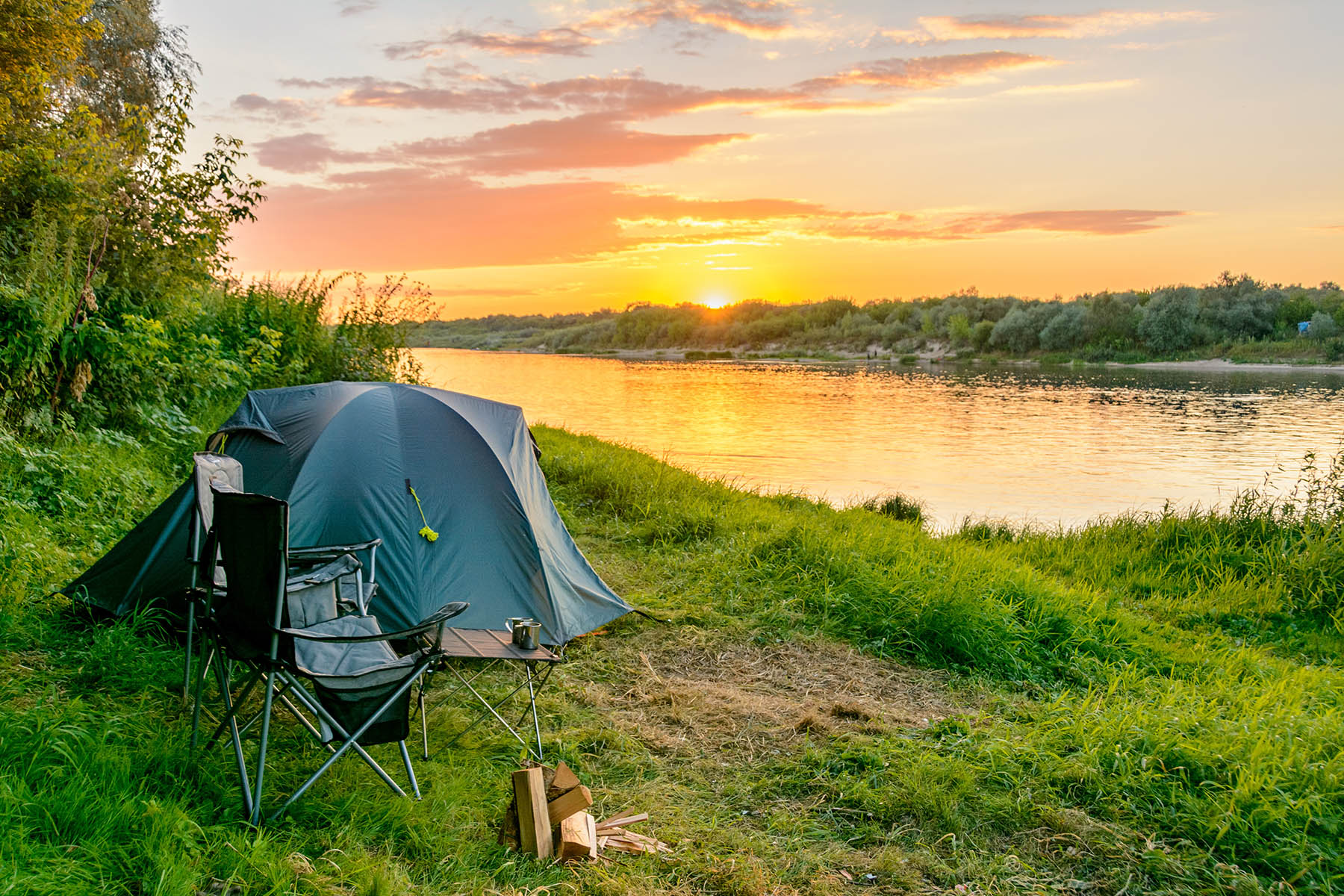

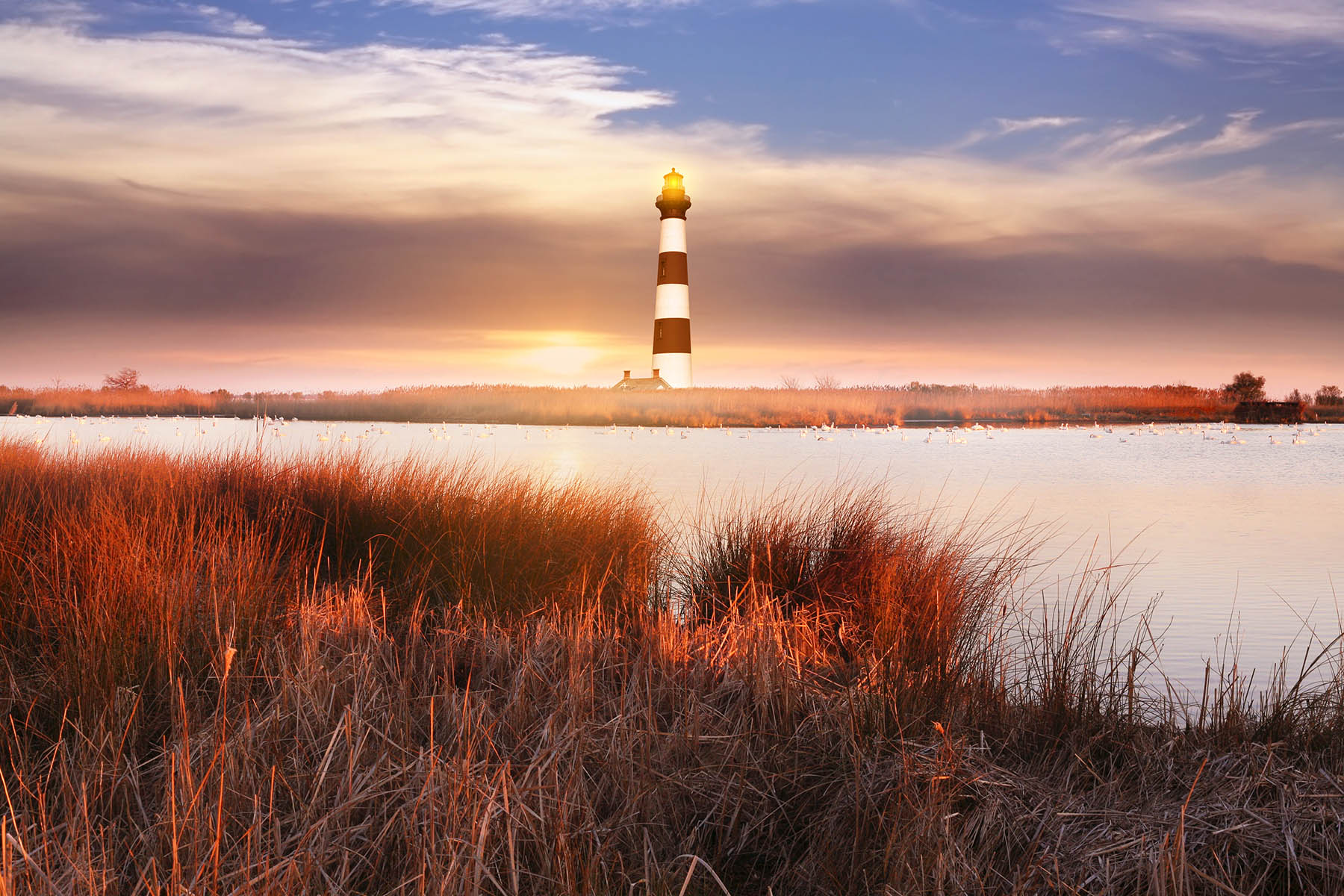

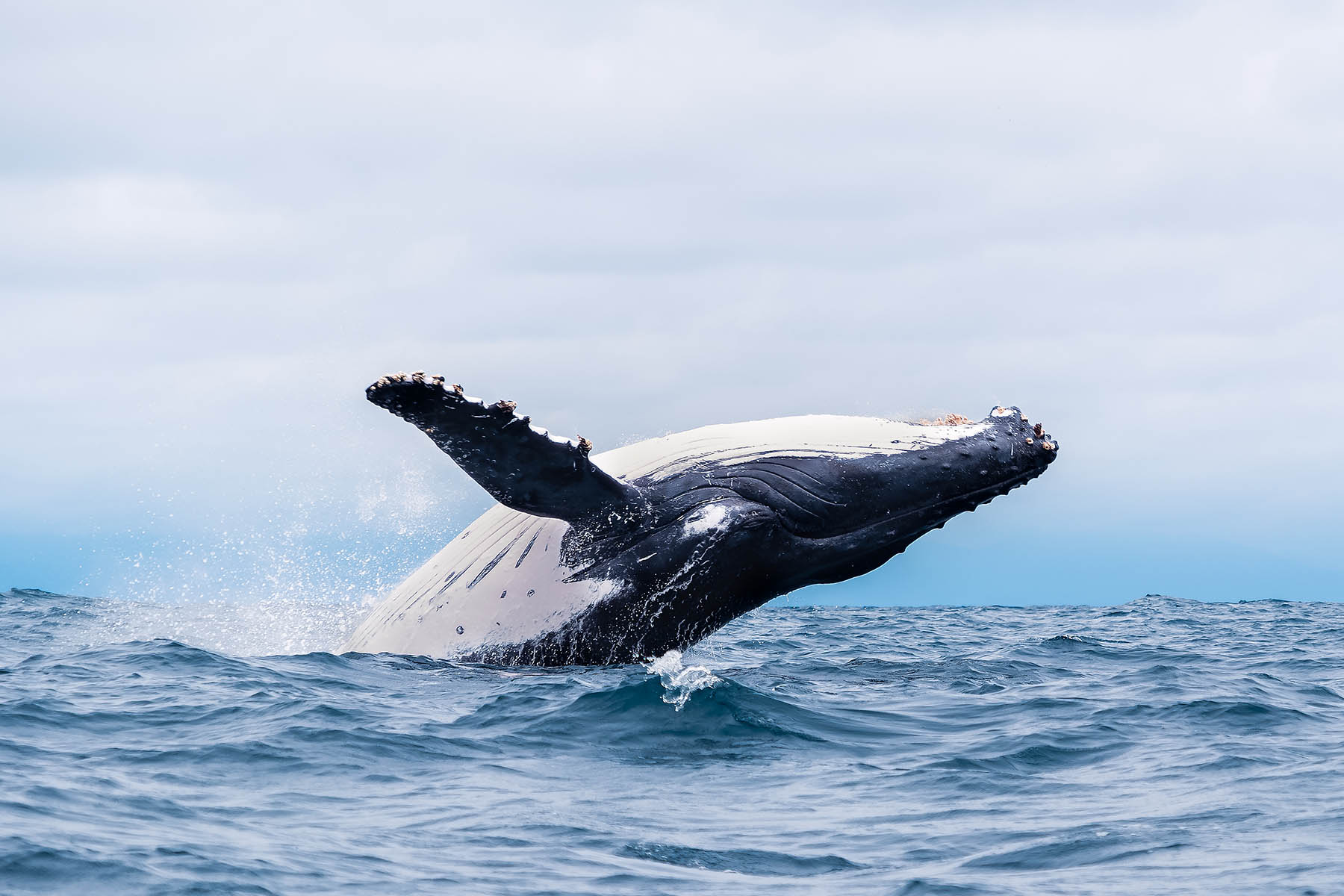
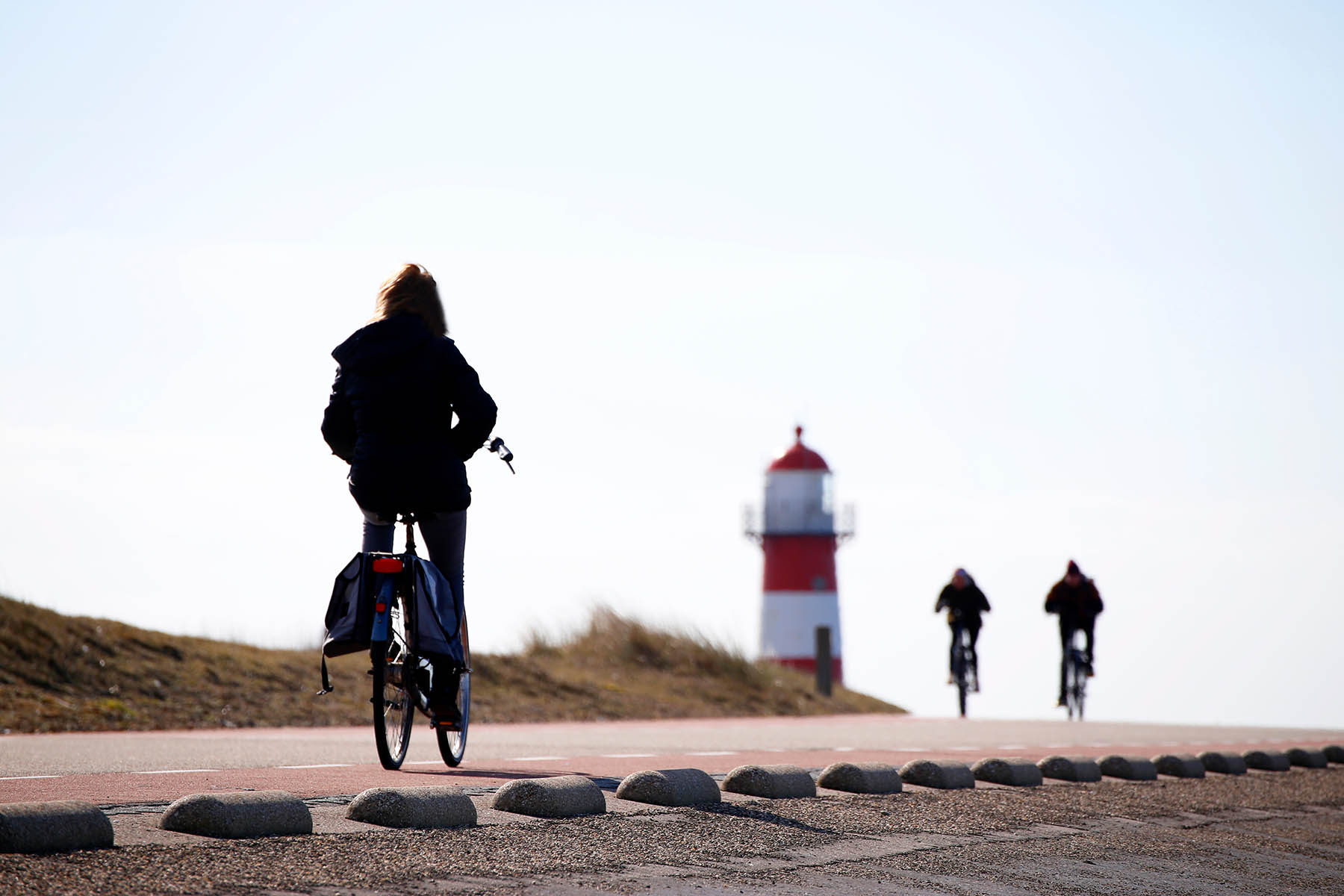
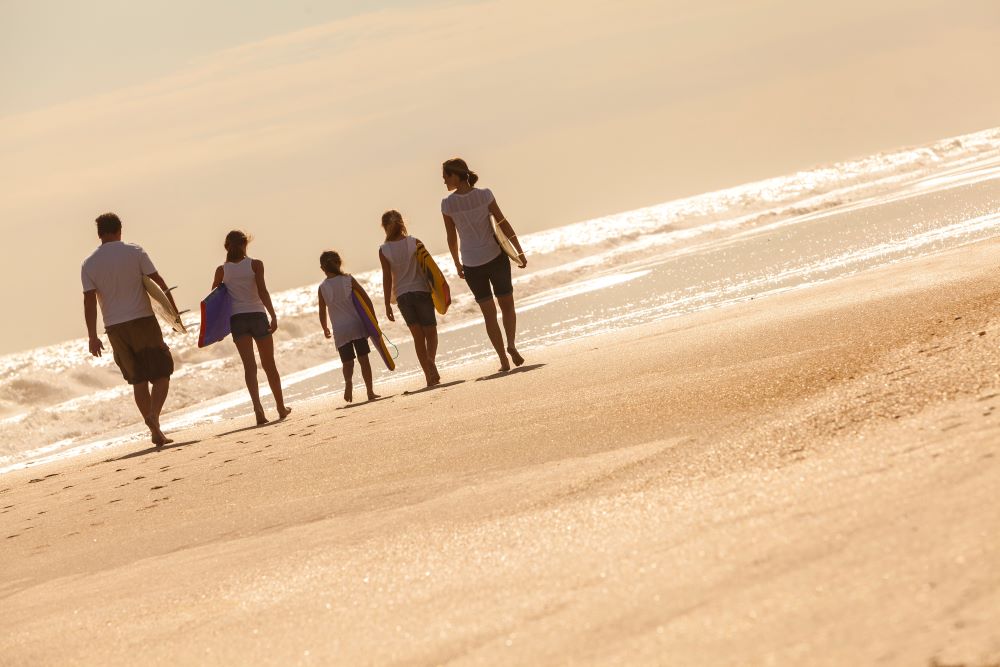
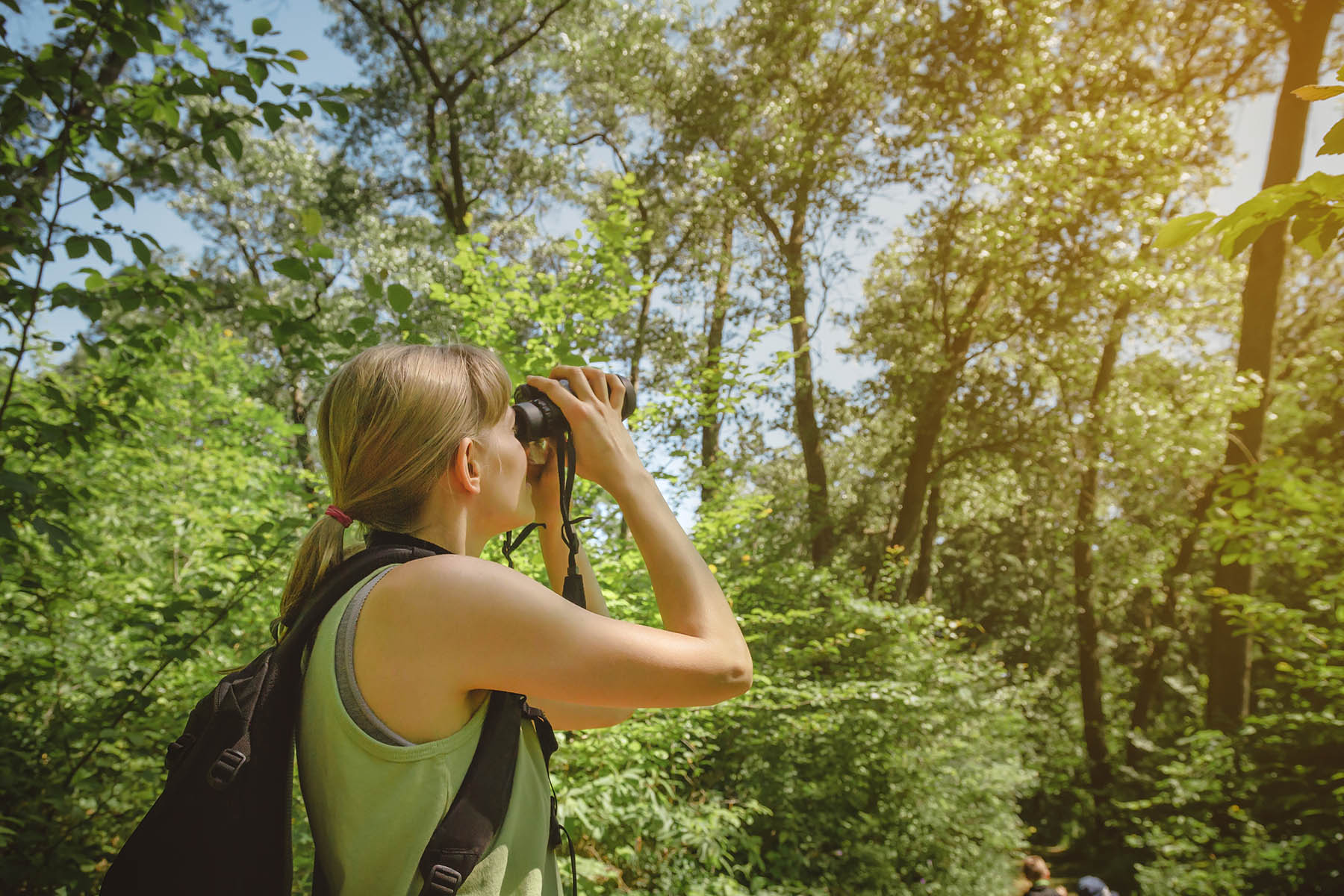

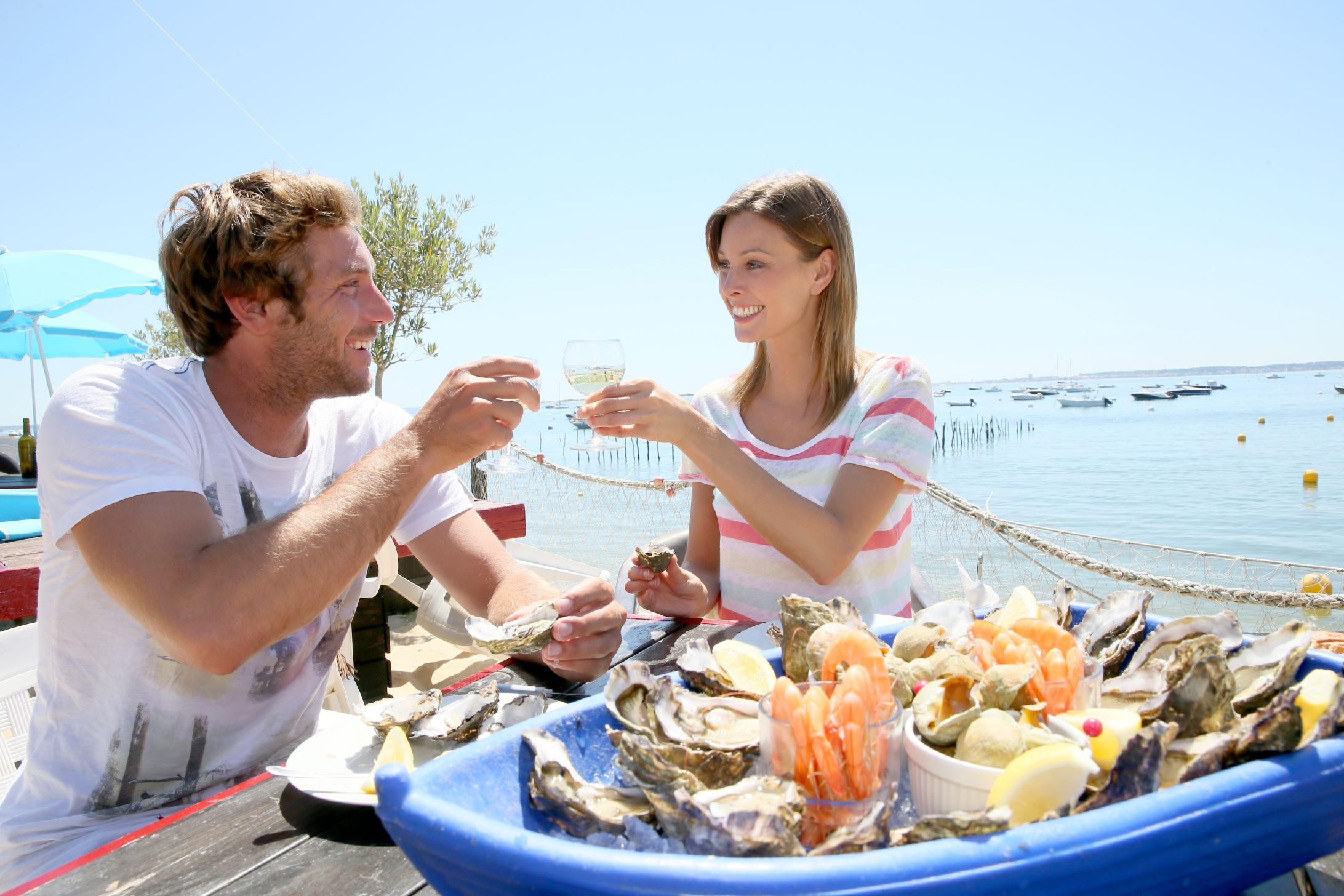

Share This Page